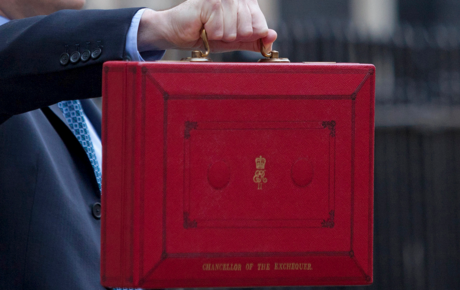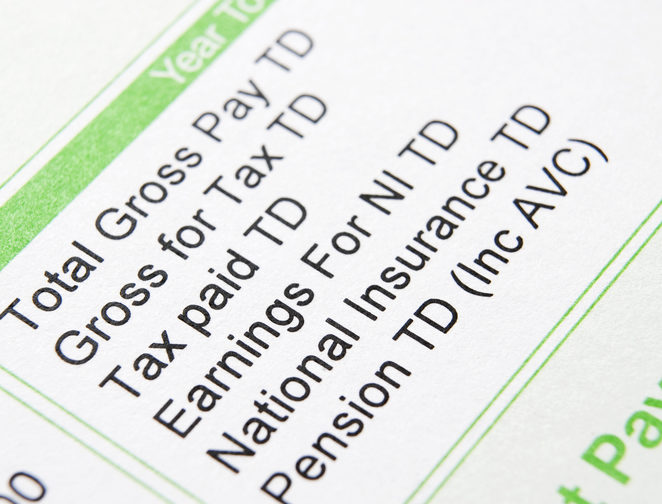It seems that many employers have been asking the same two questions regarding the Employment Allowance: am I eligible and, if so, how can I take part?
Before exploring these questions, I would like to delve into the scheme in a little more detail.
‘Cash back’ on jobs
The Employment Allowance, first unveiled by the chancellor during the 2013 Budget, will enable more than 1.25 million businesses and charities in the UK to reduce their National Insurance bill by up to £2,000 each year.
Of these, it is estimated that around 450,000 firms will no longer pay any Class 1 National Insurance Contributions (NICs) whatsoever.
To put this into context, a company with 10 full-time members of staff (aged 21 or over) on national minimum wage would receive a tax cut of over 40 per cent (from £4,870 down to £2,870).
This also means that a small business would be able to employ four adults or ten 18-20 year-olds full-time on national minimum wage and be completely free from the burden of NICs.

Will there be any new SME-boosting initiatives from the Budget 2014 speech?
Backing Britain’s businesses
The Employment Allowance is part of the government’s drive to boost job creation amongst small firms, with more than 90 per cent of the benefit going to businesses that employ fewer than 50 members of staff.
The forthcoming scheme, which is available from 6 April 2014, has been applauded by pro-enterprise groups including the British Chambers of Commerce (BCC) and the Federation of Small Businesses (FSB).
John Longworth, director general at the BCC, said: ‘The new Employment Allowance will help our smallest companies take on staff, and will give many businesses an important confidence boost.
‘In particular, this measure will create a strong incentive for a new or start-up business to hire its first employee.’
Research by the FSB has revealed that 29 per cent of its members plan to use the £2,000 ‘cash back’ to help boost wages for existing staff members, while 28 per cent intend to take on additional employees.
Eligibility and how to claim
Employers can claim the Employment Allowance if they are a business or charity that pays employer Class 1 NICs on their employees’ or directors’ earnings.
These employers can only claim the £2,000 ‘cash back’ against one PAYE scheme – even if the company runs multiple schemes.
When making a claim for Employment Allowance, employers would simply reduce their Class 1 NICs payments by up to £2,000 each year.
For example, if your Class 1 NICs bill is £800 each month, then in April your payment would be £0, followed by £0 in May and then just £400 in June.
Once a claim for Employment Allowance has been made, HMRC will then automatically carry this forward for each tax year that follows. It is therefore crucial that employers check that their circumstances have not changed at the beginning of each tax year to prevent any costly repayments.
Businesses that don’t use the full £2,000 entitlement against their nominated PAYE scheme, but have employer Class 1 NICs on another PAYE scheme, are eligible to apply (at the end of the tax year) for a refund of any unused balance.
Employers will also be able to view how much of the Employment Allowance they have used in the ‘View PAYE Liabilities and Payments’ section upon HMRC’s online portal.
Certain employers, including those that employ people to carry out ‘personal, household or domestic work’ such as nannies, chauffeurs and care support workers are excluded from the scheme and therefore unable to claim the allowance.
Public bodies such as local councils are also ineligible.
If you think your business is eligible, and would like to find out more, click the following link to read the official HMRC / Treasury guidance on how to claim Employment Allowance.






